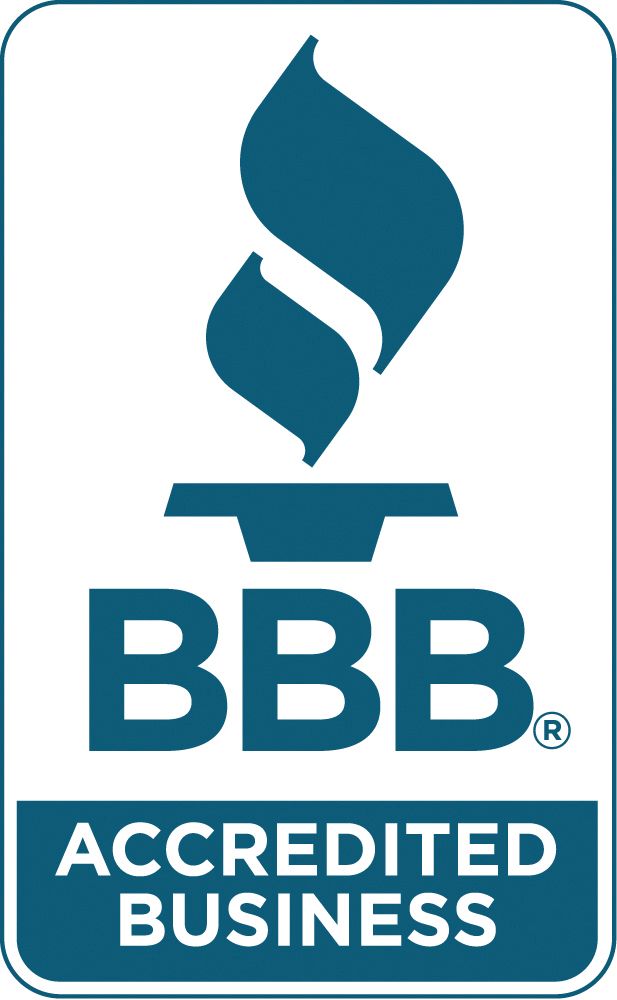Are You a Controlling Boss?
The Great Resignation is the chief headline in the news today about employee retention and performance. According to the Harvard Business Review, employees between the ages of 30 and 45 have the greatest increase in resignation rates. That is the prime age for behavioral health staff, those who finish their undergraduate or masters’ programs and start their careers. While many employees quit due to the need to reexplore their health and careers, one can’t help but think if it’s the boss that is the reason.
Managers and supervisors’ primary job is to improve the performance of those under their tutelage. They get the credit and the blame for their subordinates. For most managers, it would be wise to empower employees, because a Gallup study found “when an organization focuses on individual strengths, employee engagement increases from 9% to 73%”.
However, many bosses can’t do that. They have a problem with control. It’s got to be their way or the highway. They can’t let go of their organization. Or they set up situations where the employees are offered the illusion of independence and decision-making, only to put them in positions where it is taken away from them.
According to LifeHack, here are 10 signs your manager is controlling:
· They Use Fear To Achieve Their Goals. ...
· They Think They Know Everything. ...
· They Treat People As Pawns. ...
· They Dominate Meetings. ...
· They Take A “My Way Or The Highway” Approach To Conflict. ...
· They Ignore The Competition. ...
· They Never Practice Active Listening.
· They Focus on The Short Term
· They Never Inspire People with Their Own Example
· They are Unable to Work through A Crisis
Why does this happen? As pointed out above, they can’t let go of responsibilities that belong to other people. Here’s a real-life example:
Company ABC, which I consulted, has an executive director who wanted to have their employees become more independent. They complained that everyone came to them for answers to questions when they should have learned their tasks through training or asked others. They requested help to get employees more independent, through training and engagement in developing new policies. However, during work with the executive director, it became apparent that the employee improvement wasn’t going to happen. Because the executive director wanted to “micromanage” any changes to policies and procedures. Moreover, they eavesdropped on employees’ responses during training videos, showing a lack of trust in employee feedback. The executive director had good intentions, but they were unwilling to let employees make mistakes and learn on their own. As a result, leadership positions at the agency were a revolving door because they couldn’t take the extreme oversight of their boss.
If you show signs of the controlling behaviors above, it might help you discover what causes you to act this way and whether you need to do some self-examination. If not, your company suffers and so do your employees.
Praxes offers training and consulting services for behavioral health organizations on improving performance. For more information, please contact us.




